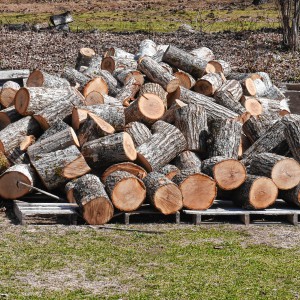In response to Katy Eiseman’s column on wood-fired energy, it is acknowledged that burning wood releases toxic compounds harmful to human health. However, there is a trend of policy lumping together all types of biomass fuel consumption. Wood, being a niche fuel, might only be suitable for use as a heating fuel in sparsely populated areas.
Throughout history, people have been using wood to warm themselves in northern climates. Today’s wood burning devices are the cleanest and most efficient in our species’ history. Even though burning wood generates more CO2 compared to fossil fuels, the carbon from trees naturally goes back to the atmosphere when they decompose. The carbon from unburnt fossil fuel that wood heat replaces remains safely underground. With the impacts on forest health from climate change, relying on local forests to sequester carbon long-term is questionable.
A piece of firewood essentially stores summer solar energy for winter use like a battery. Rural wood heating supports the rural economy and self-reliance. It is appreciated that the supply chain is short enough to see both ends from the kitchen table. However, maybe incentivizing the use of wood for energy should be reconsidered. Perhaps tax dollars from rural Environmental Justice Communities should be redirected from subsidizing energy sources unsuitable for them to addressing other unique community needs.


